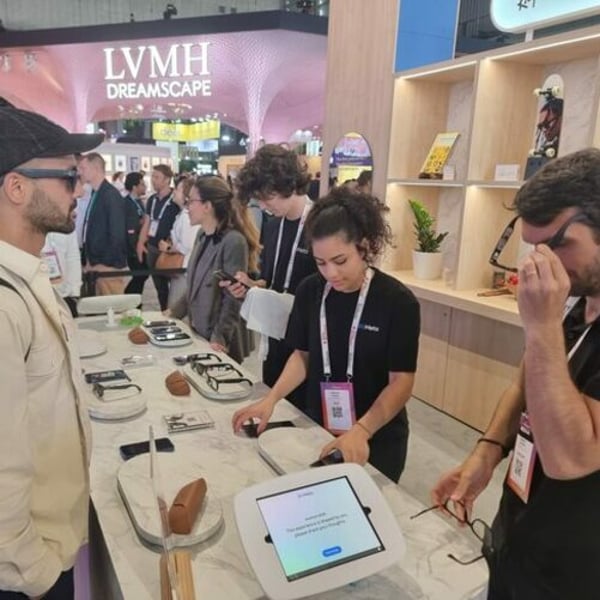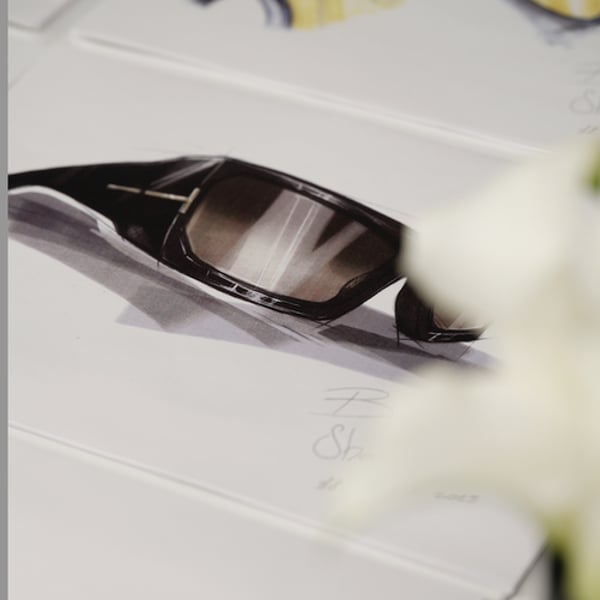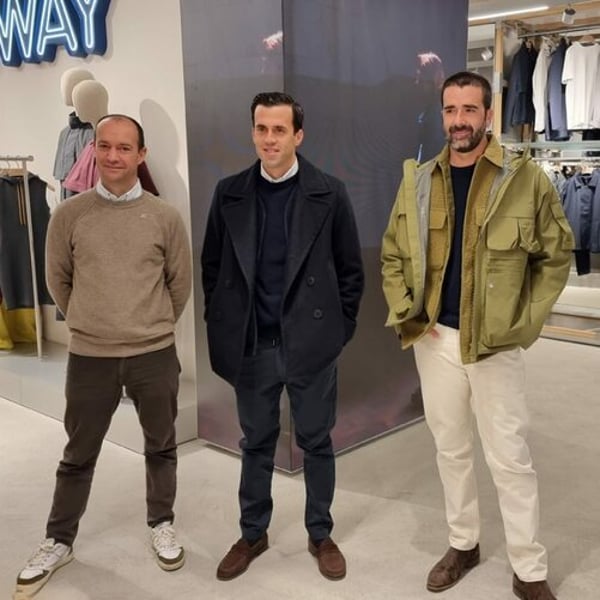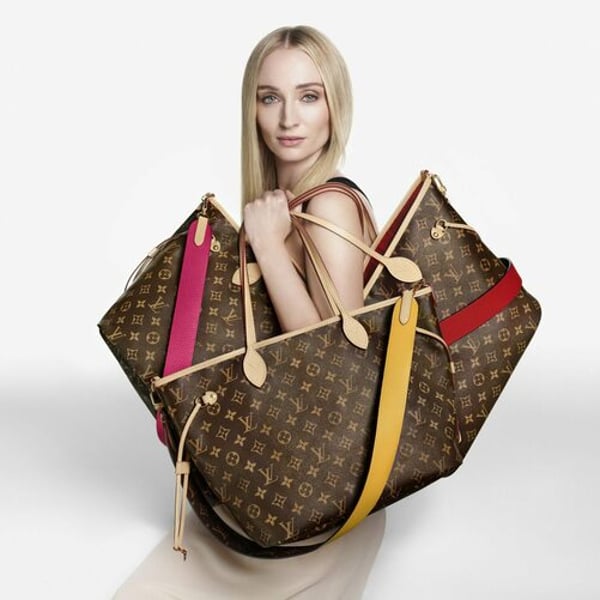The Parisian innovation event Viva Technology has changed significantly since its launch in 2016. Robots, drones, and vehicles, once omnipresent, have gradually faded away, as have metaverses. This has paved the way for personalization solutions, soft mobility, and sustainable approaches, which FashionNetwork.com provides an overview of.

At the center of the show were the pavilions of French giants LVMH and L’Oréal Paris. The former, which presented its awards on Thursday, June 12, showcased its Machine Zero tool for detecting impurities in cashmere, as well as the Reflex Logistic augmented reality business management tool used by Dior. The Rigsters product digitization tool, developed by OKCC, was also on display, along with its bottle-decorating robotic arm. On the Bulgari side, the Dev4side product authentication tool was featured, alongside a virtual pinball machine and a Sephora vending machine.
The L’Oréal pavilion was no less busy, where visitors could try a variety of services, such as the Noli personality diagnosis tool launched a year ago, a Hyperlook Studio providing make-up advice, La Roche-Posay‘s dermatological suggestion device, and Lancôme‘s “nano-surfacer”.
Beauty Genius enabled visitors to experiment with the creation of personalized campaigns using artificial intelligence (via AI from Adobe, Omi, or Google). However, Cosmo International was the most intriguing, with its process for capturing the real scent of flowers without the use of chemicals, as explained by Valentino‘s Private Talk fragrance over the past year.
Not far away, at the Meta stand (notably, Facebook and Instagram), the ambitions of metaverses invading both private and professional life have fizzled out. Yet, crowds kept flocking to try the camera glasses developed with Ray-Ban.

There was another pair of eyeglasses that drew attention on the Elcyo stand. With a crystallized lens that analyze gaze trajectory, these glasses adjust sharpness in real-time. Engo offered augmented-reality eyewear for sports activities. Linné Paysage presented Bionocta, a light devoid of harmful blue waves, which won a gold medal at the Concours Lépine, created by the artistic directors of the Texworld trade shows.
On the sound front, Skyted offered a headset that enables listeners to understand you almost in a whisper, even amidst a hubbub. Enough to interest major retailers. Likewise, the virtual showcase concept from AWS, courtesy of Amazon, allowed customers to virtually try on a look through projection on a glass screen. France’s Holoprods offered screens that create the illusion of a hologram projected into the air, which can be interacted with.
Fashion and beauty
In clothing, Ashirase offered a directional guidance system integrated into shoes, operating through vibration, particularly designed for the visually impaired. In the same vein, Vibra’s haptic feedback screens facilitate interaction with software. Even more intriguing was the Sensora headset, which measures in real-time the emotional impact of a product, campaign, or experience (visitors were offered macaroons, as an example).

The Vrai tool can detect counterfeit goods, as demonstrated with two Lacoste polo shirts (one of which is fake). Optikan analyzes material structures, from wool to cardboard and wood. Still on materials, VivaTech was an opportunity to discover EFpolymer, a 100% organic, biodegradable polymer with superabsorbent properties. The same goes for United silk, whose process extends silk’s applications to food and cosmetics packaging, and even medical tools.
Italy’s Damo presented its certification tool for the fashion industry. While Metown showcased its 3D product scanning tool, GenAI continued to broaden the possibilities of 3D printing. In beauty, Nocibé showcased its luminous brands and facial and skull helmets, while Evelab Insight explained its facial analysis device used by Shiseido, Body Shop, and Estée Lauder.
Transport and logistics
In logistics, Pony’s sailing transport solutions were on display, while GBMS specialized in container security analysis. Appload acts as an intermediary between companies and shippers. Okular Logistics focused on heavy-duty corporate moves, while Optioryx optimized warehoused flows. DPD (La Poste) presented its rolling robot for deliveries, as well as a tricycle dedicated to fresh produce.

Soft mobility was indeed present at every corner of the show. Besides Newt’s futuristic autonomous minibus, bike carriers from Pelican, South Africa’s Mellowvans, and Maillon Mobility were on offer. The Strasbourg-based company Karbikes provided a variation of this type of vehicle, while the ultra-low consumption U Live car garners attention.
Copyright © 2025 FashionNetwork.com All rights reserved.







